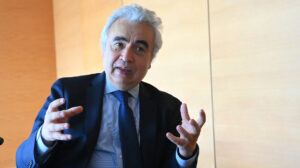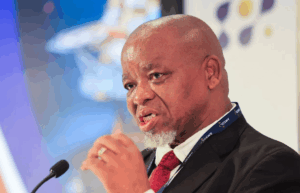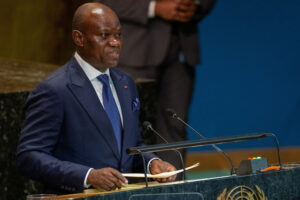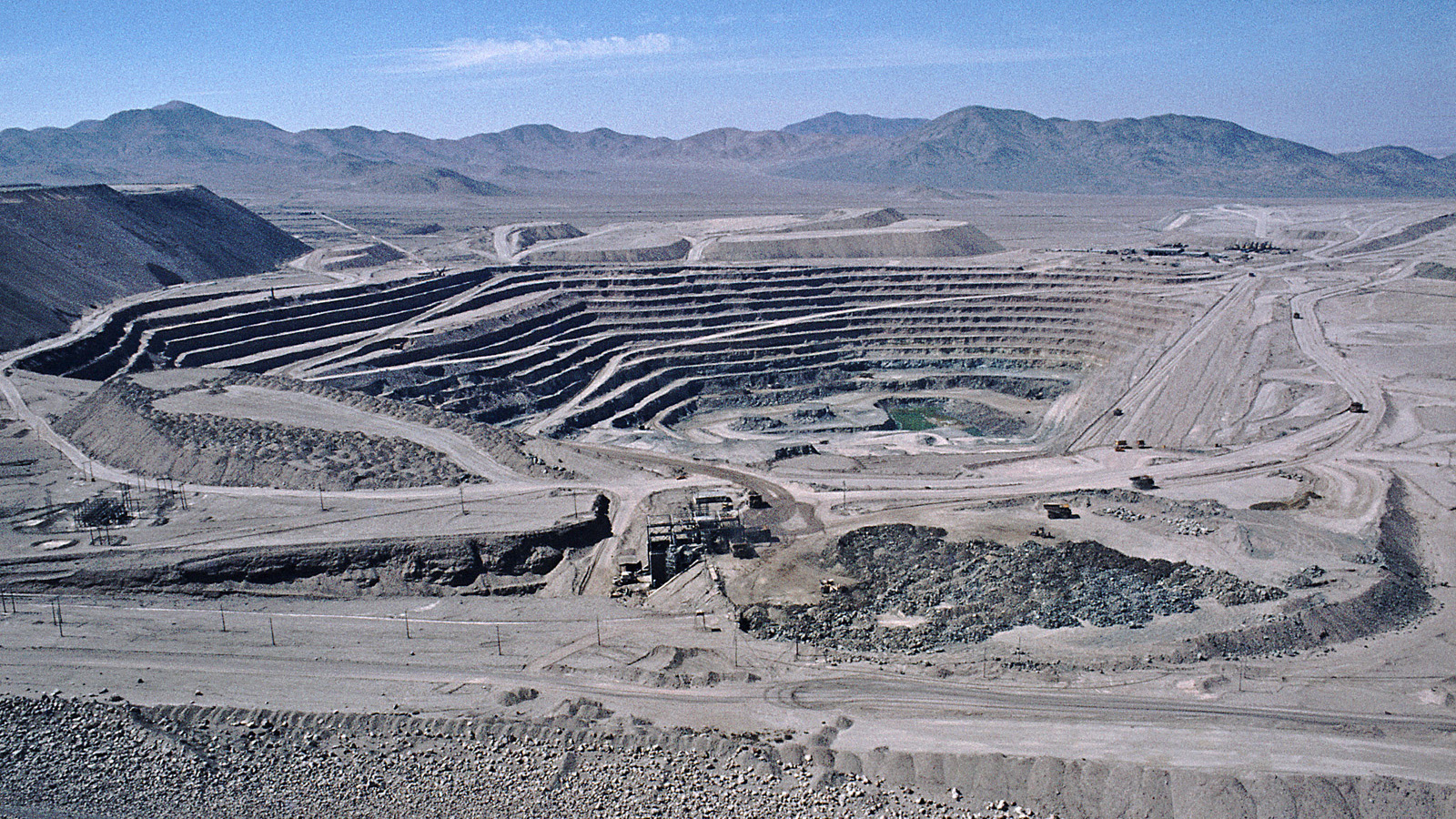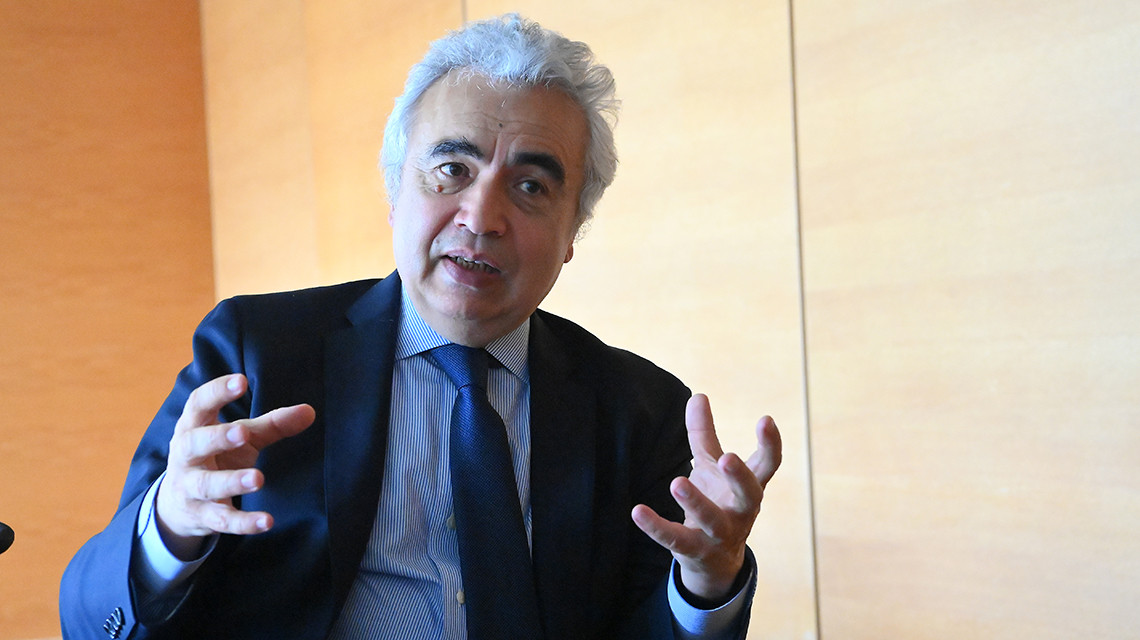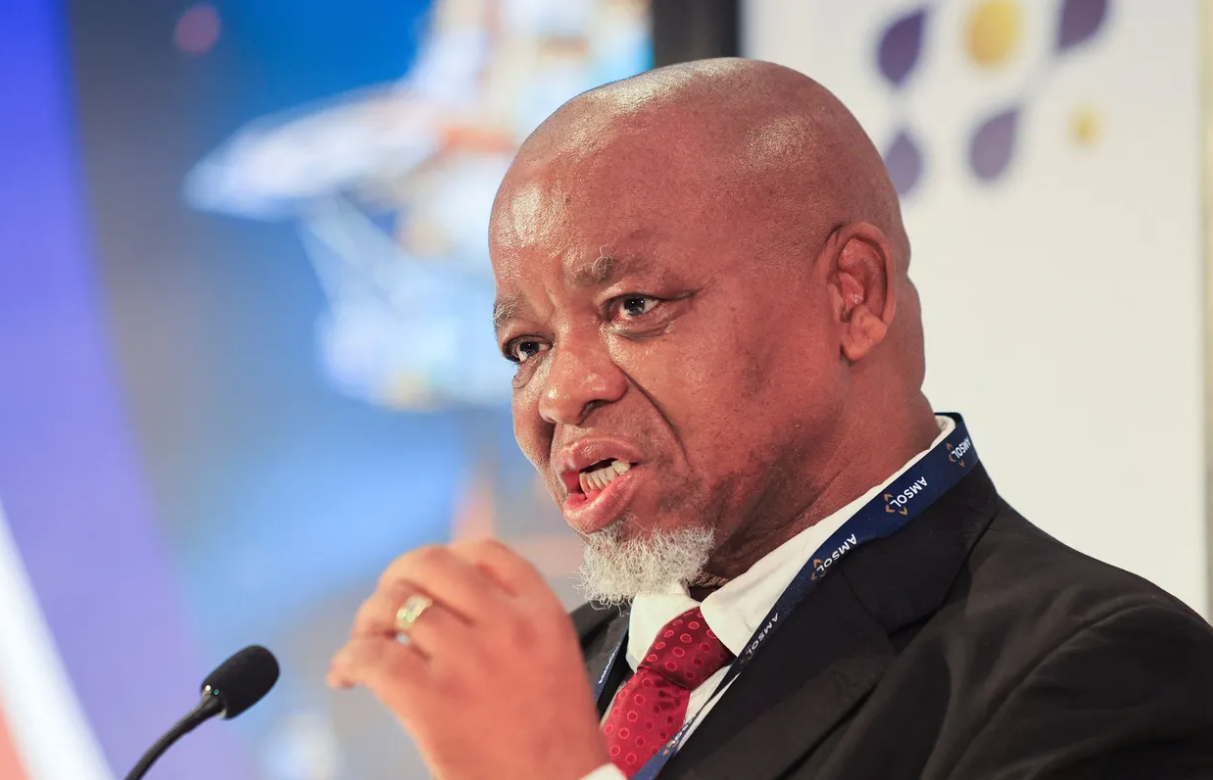With rising demand for electric vehicles globally and the rapid adoption of renewable energy storage solutions, governments with Lithium resources have been forced to review their strategic resources portfolio to stimulate domestic beneficiation and downstream economic benefits.
Zimbabwe, which is estimated to have the largest unexploited reserve of lithium in Africa and is the world’s sixth-largest producer, raised the stakes for lithium in December 2022 by prohibiting the export of lithium ore, which is used globally in the manufacturing of electric vehicles batteries and solar powered storage.
Zimbabwe possesses Africa’s greatest lithium resources. The Bikita mine, 308 kilometres south of Harare, is the country’s largest lithium mine, with 10.8 million tons of lithium ore reserves. The Bikita mine area does contain spodumene pegmatites, which may contribute to the battery supply chain in the future.
The Arcadia Lithium Mine is expected to reach an annual production of 2.5 million tons of lithium ore after the mine is fully developed, which would roughly equate to $3 billion in exports. The project is close to a tarmac highway, and petalite concentrate will be transported to the port of Beira in Mozambique.
Whilst most of the extraction of raw ore has traditionally taken place in resource-rich countries, the metallurgical stages which involve the beneficiation and processing stages have taken place in global markets, predominantly in China. So critical is this demand for Lithium and its role in the energy economy architecture that that large Chinese mining companies have invested in the extraction stages in Zimbabwe.
The ban in the export of lithium is expected to cajole mining investors to reconsider their strategy of exclusively seaborne-trade benefits, and could lead to new refineries in Zimbabwe, specifically up the value chain into the processing and manufacturing stages which could turn into a revenue spinner for the impoverished country. The processing stage is a refining stage, in which lithium mineral concentrates are processed to produce battery-grade chemicals, typically lithium hydroxide or lithium carbonate, for use in cathode manufacturing.
On the African continent, Zimbabwe and Namibia have attained the capabilities of extraction and some beneficiation, but the critical stages of processing, manducating and packaging into final product has taken place in South Africa, a factor that bodes well for the continent which is rich in other inputs like cobalt, nickel, and manganese and could disrupt global supply chains were they to cooperate in upstream investment.
Namibia is the only other African country, after Zimbabwe, which has exported lithium mineral concentrate in recent years. It does not have further engagement in the battery supply chain until the use stage, although it does have a company offering electric vehicle conversions (E-car Namibia).
According to reports towards the end of 2022, Zimbabwe and China-based Tsingshan have agreed to start lithium mining and processing operations in the southern African country. Other Chinese mining majors like Zhejiang Huayou Cobalt, Sinomine Resource Group and Chengxin Lithium acquired lithium assets in Zimbabwe in deals totalling $678m. Tsingshan is currently constructing a $1bn stainless steel plant in Zimbabwe, which is claimed to hold some of the world’s largest hard-rock lithium reserves.



